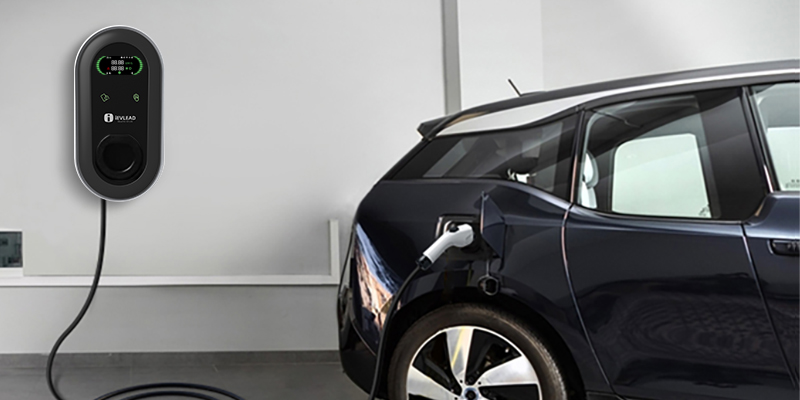As the world continues to shift towards sustainable and environmentally friendly modes of transportation, the use of electric vehicles (EVs) has been steadily increasing. As EV penetration increases, reliable and efficient EV charging infrastructure is needed. An important part of this infrastructure is the EV AC charger, also known as AC EVSE (Electric Vehicle Supply Equipment), AC Wallbox or AC charging point. These devices are responsible for providing the necessary power to charge the electric vehicle’s battery.
The time it takes to charge an electric vehicle can vary based on a variety of factors, including the vehicle's battery capacity, the charger's power output, and the current state of the vehicle's battery. For AC EV chargers, charging time is affected by the charger's output power in kilowatts (kW).
Most AC wallbox chargers installed in homes, businesses and public charging stations typically have a power output of 3.7 kW to 22 kW. The higher the power output of the charger, the faster the charging time. For example, a 3.7 kW charger may take several hours to fully charge an electric vehicle, while a 22 kW charger can significantly reduce charging time to just a few hours.
Another factor to consider is the battery capacity of your electric vehicle. Regardless of the power output of the charger, a larger capacity battery will take longer to charge than a smaller capacity battery. This means that a vehicle with a larger battery will naturally take longer to fully charge than a vehicle with a smaller battery, even with the same charger.
It's worth noting that the current state of the vehicle's battery also affects charging time. For example, a battery that is almost dead will take longer to charge than a battery that still has a lot of charge left. That's because most electric cars have built-in systems that regulate charging speeds to protect the batteries from overheating and potential damage.
In summary, the time it takes to charge an electric vehicle using an AC EV charger depends on the charger's power output, the vehicle's battery capacity, and the current state of the vehicle's battery. While lower power output chargers may take several hours to fully charge a vehicle, higher power output chargers can significantly reduce charging time to just a few hours. As electric vehicle charging technology continues to advance, we can expect faster and more efficient charging times in the near future.

Post time: Jan-18-2024
